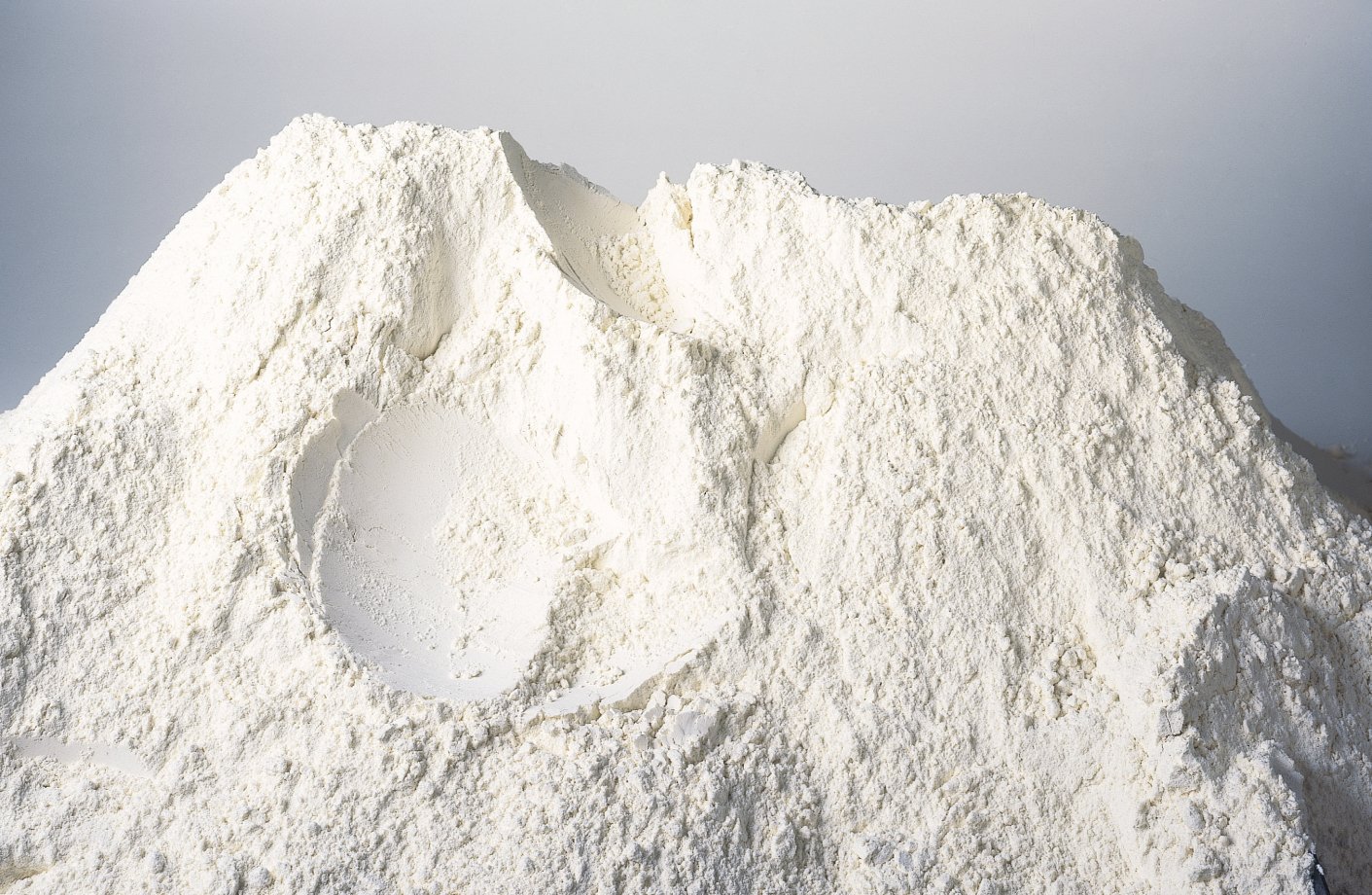A major source of protein, vitamins and minerals
Flour is one of the most important plant-based ingredients in the world. It provides a vast array of essential vitamins and minerals including iron, calcium and fibre.
A major source of sustenance and energy
European flour millers produce up to 600 different types of flours each year - about 70% of which is consumed as bread or similar baked products. Flour is also used in a huge variety of foods ranging from biscuits and cakes, to pies, pizzas, coatings, and confectionery. Consequently it is a major source of sustenance for the population of Europe, not only as a source of energy, but also dietary fibre, protein and several important minerals and vitamins. The different types of flour have slightly different compositions.
Wheat flour contains many nutrients: protein, vitamins and other micronutrients
- Wheat flour provides 310-340 kcal/100g (1320-1450 KJ/100g) depending on the type
- It is naturally low in fat
- Protein
- A range of vitamins, particularly the B vitamins, thiamin and niacin
- A range of minerals
- The concentration of selenium in flour is particularly influenced by the selenium concentration in the soil where the grain is grown and therefore varies from country to country
- Flour is a source of iron in the diet, which is important for healthy blood cells & good circulation.
- Carbohydrate-rich foods like bread need to form the basis of the diet and can help protect against obesity and developing diseases such as heart disease and cancer in later life.

